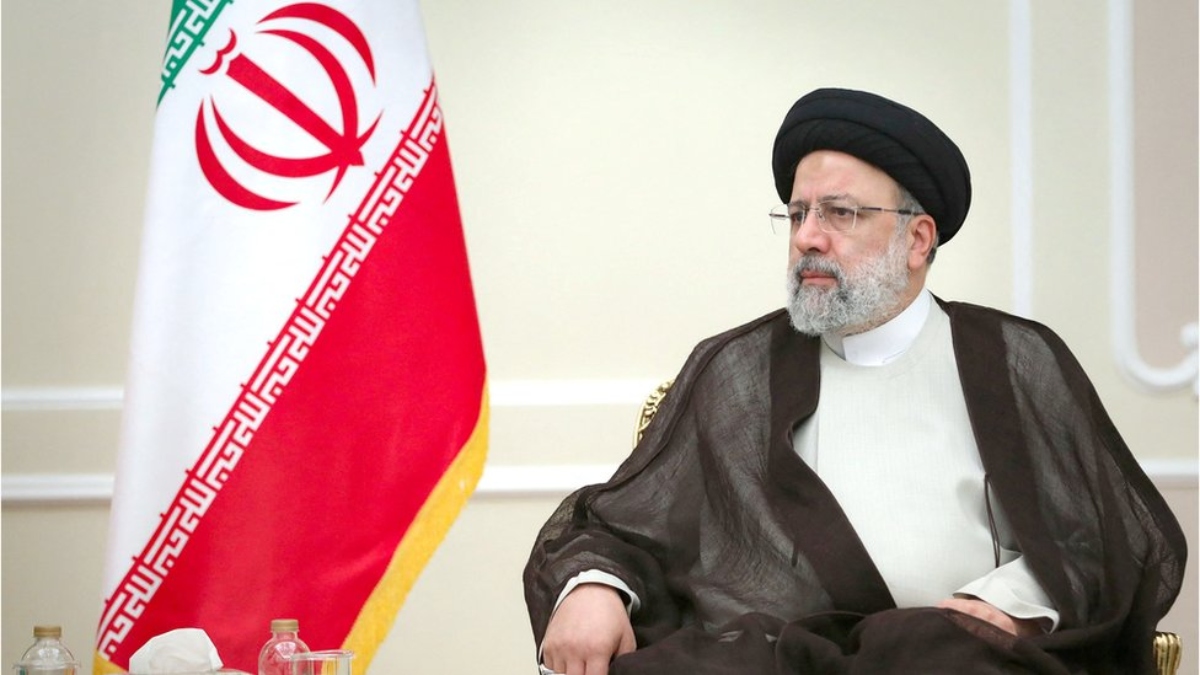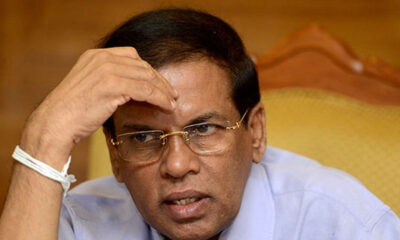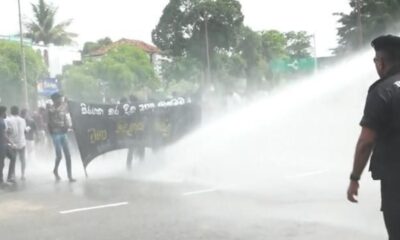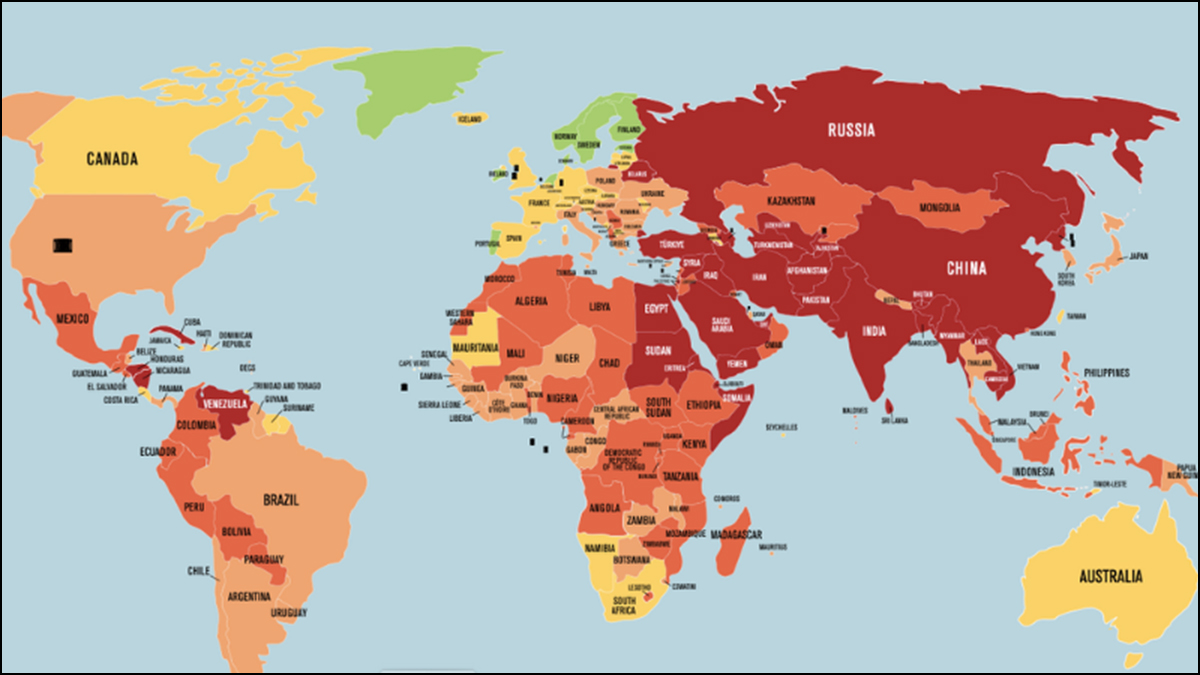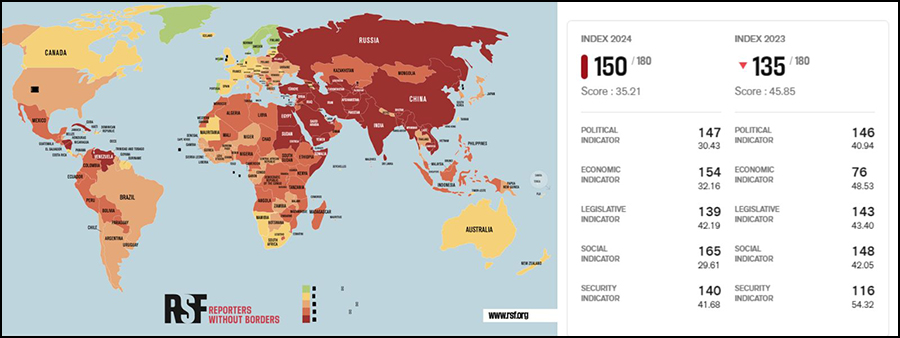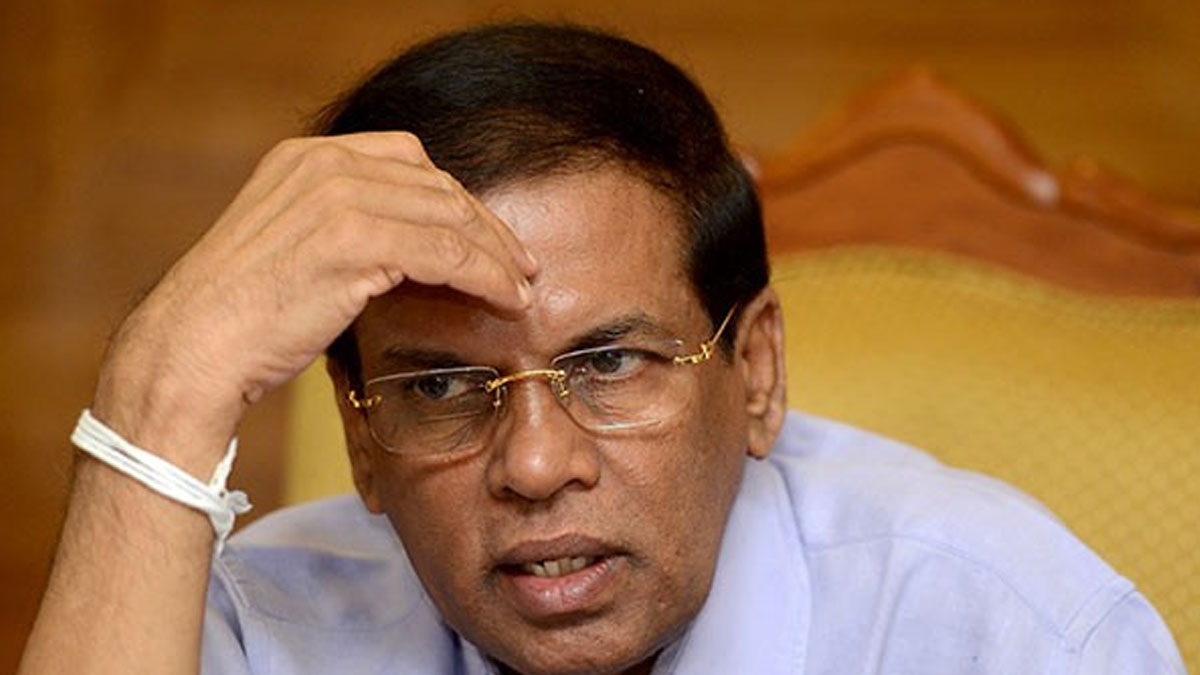Mr. Vadivel Suresh, General Secretary of the Lanka Jathika Estate Workers’ Union, emphasized that both the Government and the Plantation Employers’ Association bear the responsibility of providing wage increases to plantation workers. These workers, who play a pivotal role in sustaining the esteemed reputation of ‘Ceylon Tea’, contribute significantly to the national economy of Sri Lanka.
MP Vadivel Suresh, made this statement during his participation in today’s (03) news conference at the Presidential Media Centre (PMC), under the theme ‘Collective path to a Stable Country’.
The Member of Parliament noted that plantation companies, benefiting significantly from the fluctuating dollar value, ought to feel ashamed for not providing their workers with a salary raise. He emphasized that the salary increase outlined in the gazette notice issued by the Labour Commissioner General for plantation workers should be implemented.
MP Vadivel Suresh further commented:
“We express gratitude to the President and the government for raising the salary of plantation workers to LKR. 1700. However, the Plantation Employers’ Association is contesting this decision.
The estate companies that profited greatly from the dollar’s value should be ashamed of themselves for not giving their workers a raise. Expressing opposition to the decision to increase wages for their workers, who contribute significantly to strengthening the national economy by upholding the reputation of Ceylon Tea, is regrettable. The decision to raise estate workers’ wages was not made hastily; rather, it followed extensive negotiations over the course of a year involving the Department of Labour, trade unions, and relevant stakeholders.
Employers’ unions persistently refrained from engaging in wage-fixing negotiations. Similarly, they remained silent when a salary increase of LKR 1000 was requested. However, the Labour Commissioner General, utilizing his authority, lawfully issued a gazette notice for a salary hike of LKR 1700. It is unjust for estate companies to procrastinate without providing relief to the workforce amidst fluctuations in the dollar’s value.
Both the government and the plantation Employers’ Association bear responsibility in this matter. Consequently, companies cannot contravene government decisions. Estate companies claim they are in dialogue with the high-level committee for the ultimate verdict. However, all 22 estate companies are owned by five individuals. These owners are involved not only in tea plantations but also in sectors such as tourism, small-scale manufacturing, agriculture, and gems. Additionally, plantation workers and trade unions must unite in support of this wage increase.
(President’s Media Division)
Related News :
Planters’ Association clarifies on daily wage increase
Gazette issued to up estate workers’ daily wage
Unable to increase daily wage – Plantation owners

 Entertainment5 days ago
Entertainment5 days ago
 News2 days ago
News2 days ago
 BIZ5 days ago
BIZ5 days ago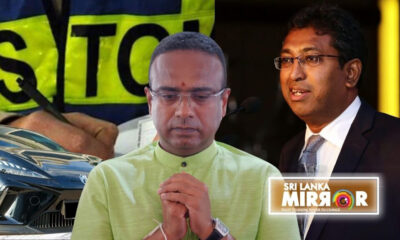
 News5 days ago
News5 days ago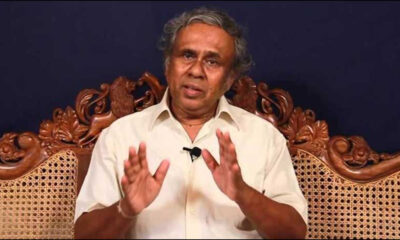
 News1 day ago
News1 day ago
 Entertainment3 days ago
Entertainment3 days ago
 News2 days ago
News2 days ago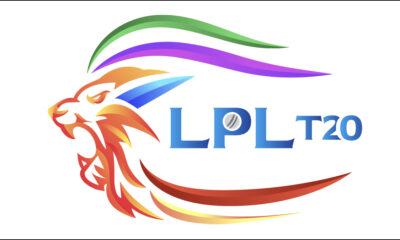
 Sports5 days ago
Sports5 days ago

